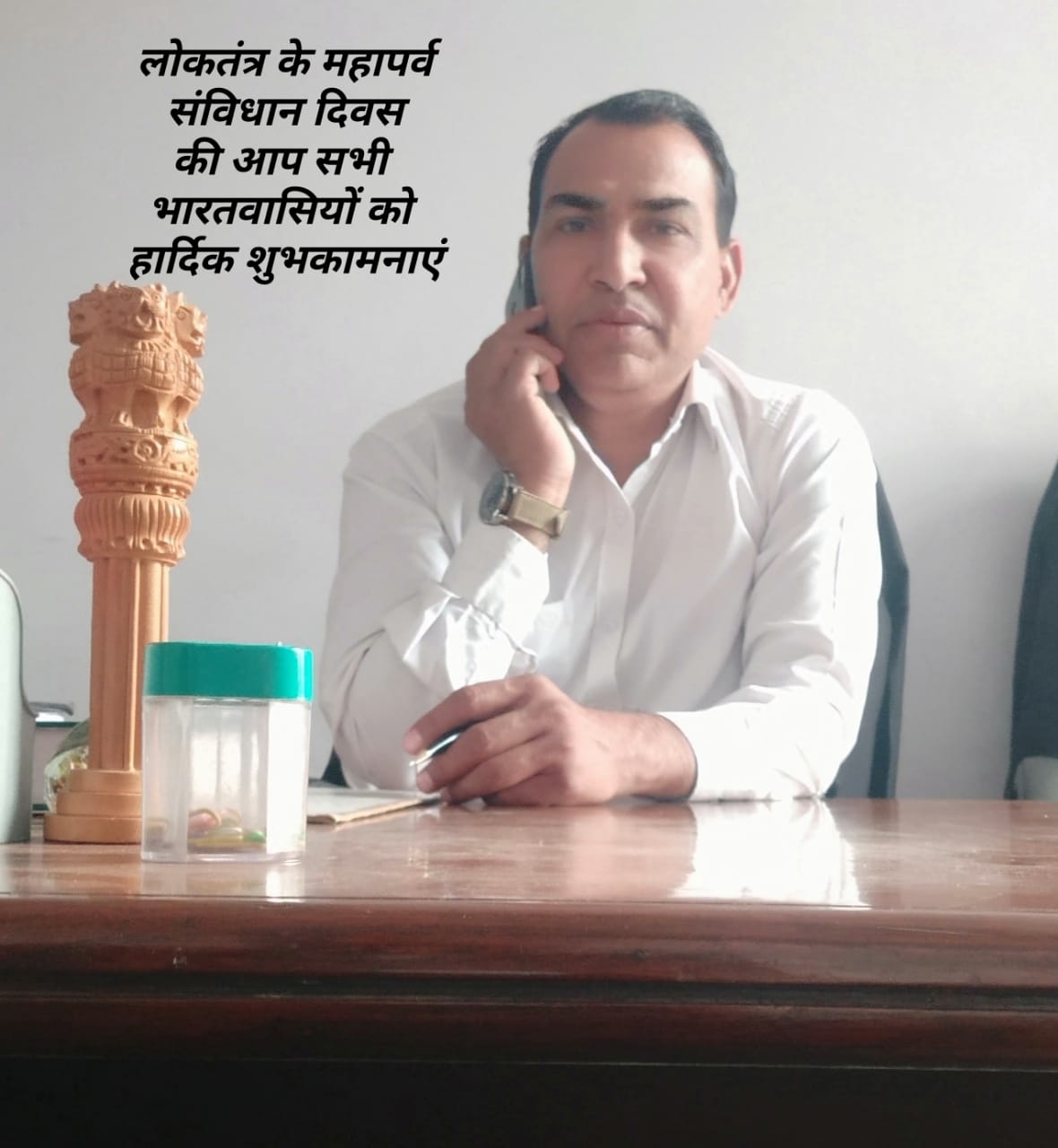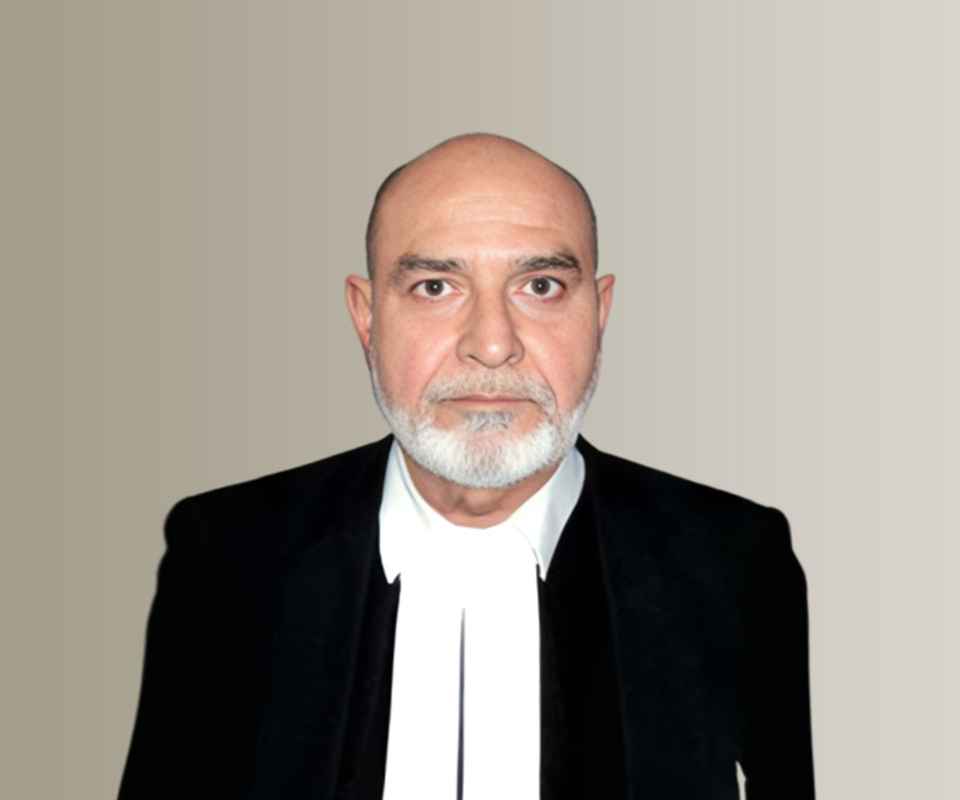Answer By law4u team
Extradition to face trial before a military tribunal is a complex and sensitive issue in international law. It involves questions of jurisdiction, fair trial standards, and the nature of the charges. Many countries and international legal frameworks place special safeguards on extradition requests that involve military courts, especially when the accused risks facing political prosecution or compromised legal protections.
Legal Considerations Regarding Extradition to Military Tribunals
Political Offence Exception
Many extradition treaties and national laws exclude political offences from extradition. Charges tried by military tribunals often fall under this exception, particularly when the offences relate to acts against the state or military discipline.
Fair Trial Concerns
International human rights bodies scrutinize the fairness of military tribunals. Military courts may lack independence or impartiality, raising concerns over the accused’s right to a fair trial. This can be a ground for denying extradition.
Jurisdiction and Sovereignty
The requesting state must demonstrate proper jurisdiction and legitimacy in trying the accused before a military tribunal. Some countries refuse extradition if the trial is to be military rather than civilian, especially if the offence is not exclusively military.
Examples from International Practice
Cases exist where extradition has been denied or delayed due to the risk that the person would face a military tribunal without adequate protections.
India’s Position and Practice
India’s Extradition Act, 1962 does not explicitly prohibit extradition for military trials but protects individuals from extradition if the offence is political or if there is risk of unfair treatment.
Indian courts and authorities examine whether the trial (military or civilian) upholds fundamental rights such as the right to legal representation and a fair hearing before approving extradition.
Political and diplomatic factors influence decisions, particularly where military tribunals are involved.
Conclusion
While extradition to face a military tribunal is not categorically prohibited under international law, significant safeguards and legal scrutiny exist to prevent violations of human rights and ensure fair trial standards. Many states are cautious in approving such extradition requests, especially when political offences or risks of unfair treatment are involved.
Example
Case: Extradition Request for an Individual to a Military Tribunal
A hypothetical case involves a former military officer charged with espionage, requested for extradition by a foreign country where he would face a military court.
Concerns: The requested country examines the fairness of the military trial system and potential political motives behind the charges.
Outcome: The extradition is either delayed or denied unless the requesting country provides assurances of a fair and impartial trial, highlighting the cautious approach toward military tribunal extraditions.







